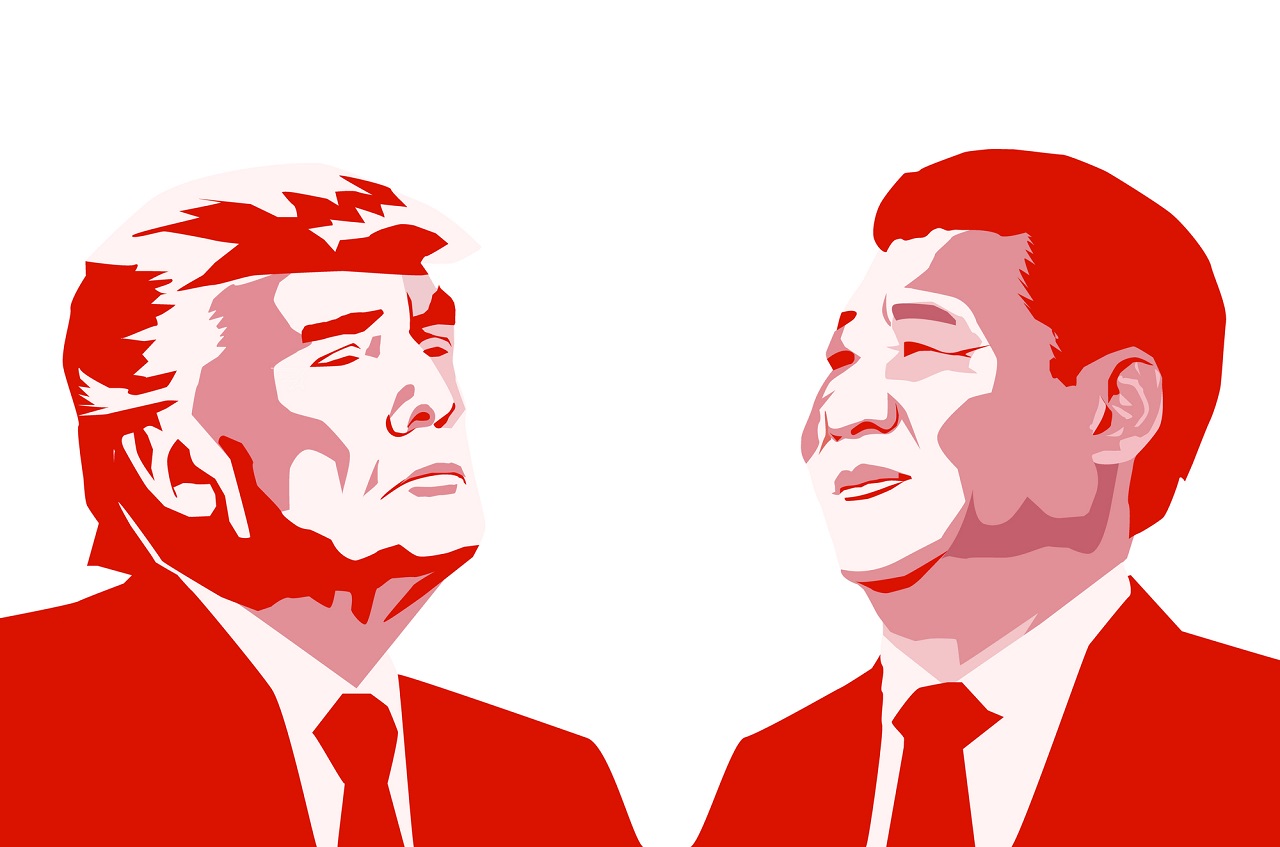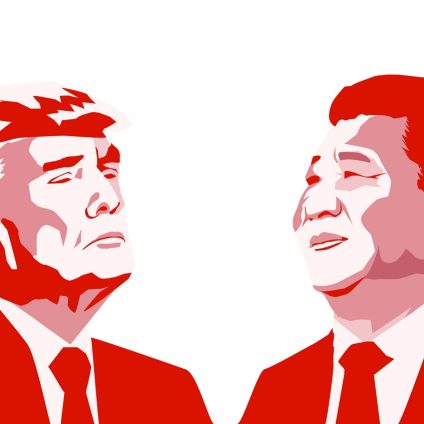U.S.-China tariffs intensify as Beijing retaliates with new export restrictions on rare earths like tungsten. How will Europe respond?

Trade wars follow a predictable pattern: every action triggers a reaction. This is the story of U.S.-China tariffs, a continuous tit-for-tat between Washington and Beijing. The U.S. has imposed sweeping tariffs on Chinese goods, while China has responded with its own measures, including duties on coal and liquefied natural gas (LNG). On top of that, Beijing has introduced a 15% surcharge on LNG purchases and an additional 10% tariff on oil, agricultural equipment, and certain automobiles.
China’s new tariffs will take effect on February 10, while U.S. duties are already in place. Among the reasons cited for these tariffs is the effort to curb fentanyl imports , an opioid that reaches the U.S. from Mexico, Canada, and China and has caused hundreds of thousands of deaths in recent years.
also read Chinese Auto Tariffs: Beijing Appeals to Luxembourg Court
China’s counterattack
Beijing is not limiting its response to tariffs. The Chinese government has filed a complaint with the World Trade Organization (WTO), accusing the U.S. of engaging in “malicious” trade practices. In addition, China has taken legal action at the European Court of Justice in Luxembourg.
At the same time, China has announced restrictions on exports of key rare earth elements – including tungsten, tellurium, bismuth, molybdenum, and indium – citing national security and international non-proliferation commitments.
The escalation doesn’t stop there. China has also opened an antitrust investigation into U.S. tech giant Google. Meanwhile, Calvin Klein and Tommy Hilfiger have been added to Beijing’s blacklist of “unreliable entities” alongside biotech company Illumina. Chinese officials claim these companies have engaged in “discriminatory practices” against Chinese firms, harming their legitimate interests.
Despite the growing tensions, financial analysts see China’s move as a calculated step toward eventual negotiations. Presidents Trump and Xi Jinping are expected to hold talks this week, potentially opening the door to de-escalation.
Europe’s measured response
European Commission President Ursula von der Leyen has expressed concern over the U.S. trade war strategy. “This week, we have seen heavy tariffs imposed on Canada and Mexico. These measures drive up costs for businesses, hurt workers and consumers, and create unnecessary economic disruptions,” she stated.
Nonetheless, the EU is keeping the door open for negotiations. “We recognize the new challenges and growing uncertainties, but the European Union is ready for a strong yet constructive dialogue with the U.S. At the same time, if we are unfairly or arbitrarily targeted, we will respond firmly,” von der Leyen added.
France and Germany take a firm stance
French President Emmanuel Macron and German Chancellor Olaf Scholz have taken a strong position. “Europe, as a global power, must assert itself and respond,” Macron said. Scholz reinforced this view, stating that “as a strong economic bloc, we can manage our affairs independently and react to tariffs with countermeasures of our own.”
Italy’s diplomatic approach
Italy is positioning itself as a potential mediator between Europe and the U.S. Italian Foreign Minister and Deputy Prime Minister Antonio Tajani highlighted this in an interview with Corriere della Sera: “We are already working on solutions to protect our businesses and citizens. It is essential to explore new markets. Our strategic plan includes Mexico, India, Indonesia, Vietnam, the Gulf countries, East Asia, and Africa.”
As U.S.-China trade tensions continue to mount, Europe faces a crucial decision: remain a spectator or take an active role in shaping the global economic landscape.












